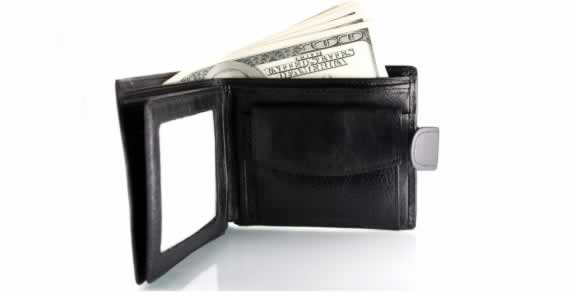Different Perspectives = Conflict
I’m sure it isn’t news to you that money is one of the most common sources of disagreement among spouses. It causes more fights than sex or household chores, and conflict over money predicts divorce better than other topics of dispute. Couples who disagree about finances at least once a week are over 30 percent more likely to divorce than couples who disagree about finances a few times a month. Yet turning down the financial heat between men and women is not easy because we come at money from such different perspectives. Consider the following:
Financial Opposites Attract
As if these general differences in perspective don’t make it difficult enough to manage money as husband and wife, researchers from Northwestern University and the Wharton School of Business at the University of Pennsylvania found that we tend to magnify the difficulty by choosing mates who are especially different than we are when it comes to spending money. The research, published in a paper titled “Fatal (Fiscal) Attraction,” examined the mate selections of tightwads and spendthrifts. Tightwads were defined as people who find spending money to be painful yet regret not spending more. Spendthrifts were defined as people who feel little pain when they spend yet regret spending so much.
The researchers found that in moments of clear, rational thinking — before someone we’re attracted to walks by — we are aware of the type of person who would be best for us: someone whose attitudes toward money are similar to ours. However, when it comes time to make a decision, we set aside rational thinking. Tightwads tend to marry spendthrifts, and vice versa. The more we dislike our own financial tendency, the more likely we are to marry our financial opposite.
At first glance, that makes sense and may even seem beneficial, or at least harmless. It can be fun to hang out with our financial opposite while dating. A guy who can’t bring himself to spend much may enjoy receiving nice gifts from a woman with a loose hold on her purse strings. However, the researchers say that from “I do” forward, life with a mate who approaches spending and saving differently than we do often leads to more financial conflict and less marital satisfaction.
By the way, despite the stereotype, it isn’t always the woman who’s the spender. In about one-third of couples, the husband freely admits he’s the one who parts with cash too easily.
But money does not have to be a source of conflict in your marriage, even if these stats strike fear in your heart because you realize you’re about to marry — or already have married — your financial opposite.
Copyright © 2011 by Matt Bell. Used with permission of NavPress. All rights reserved. NavPress.com












